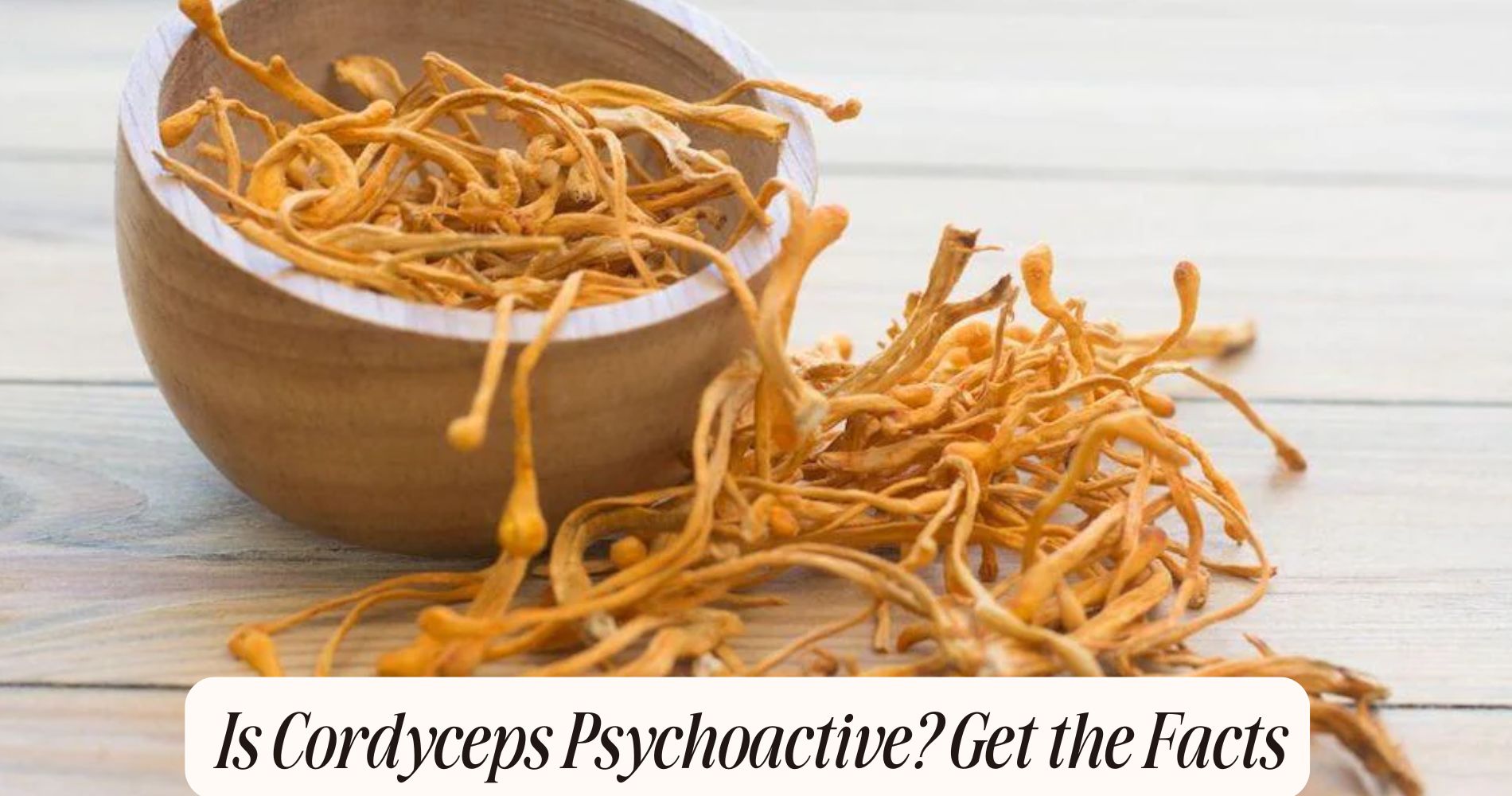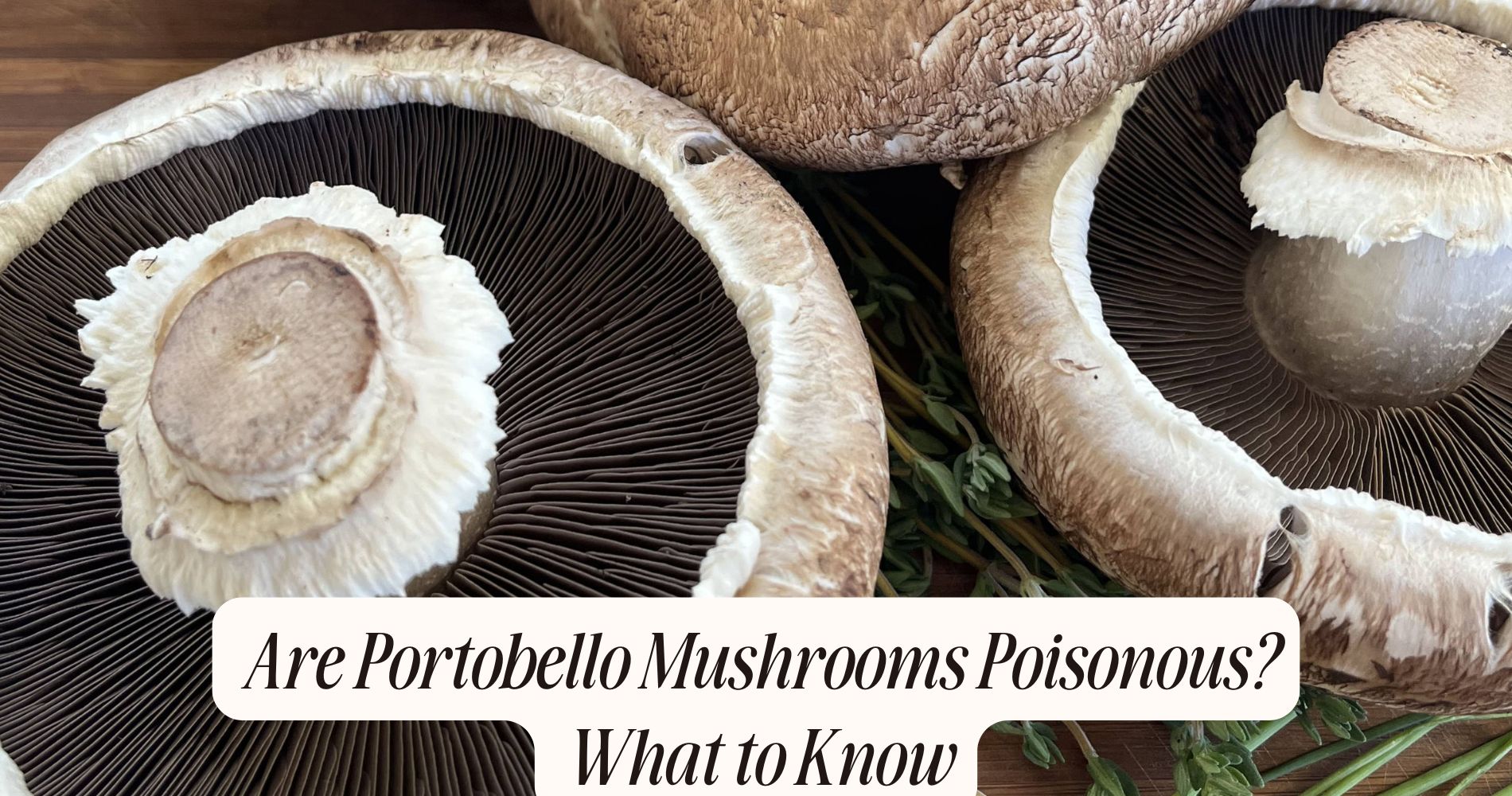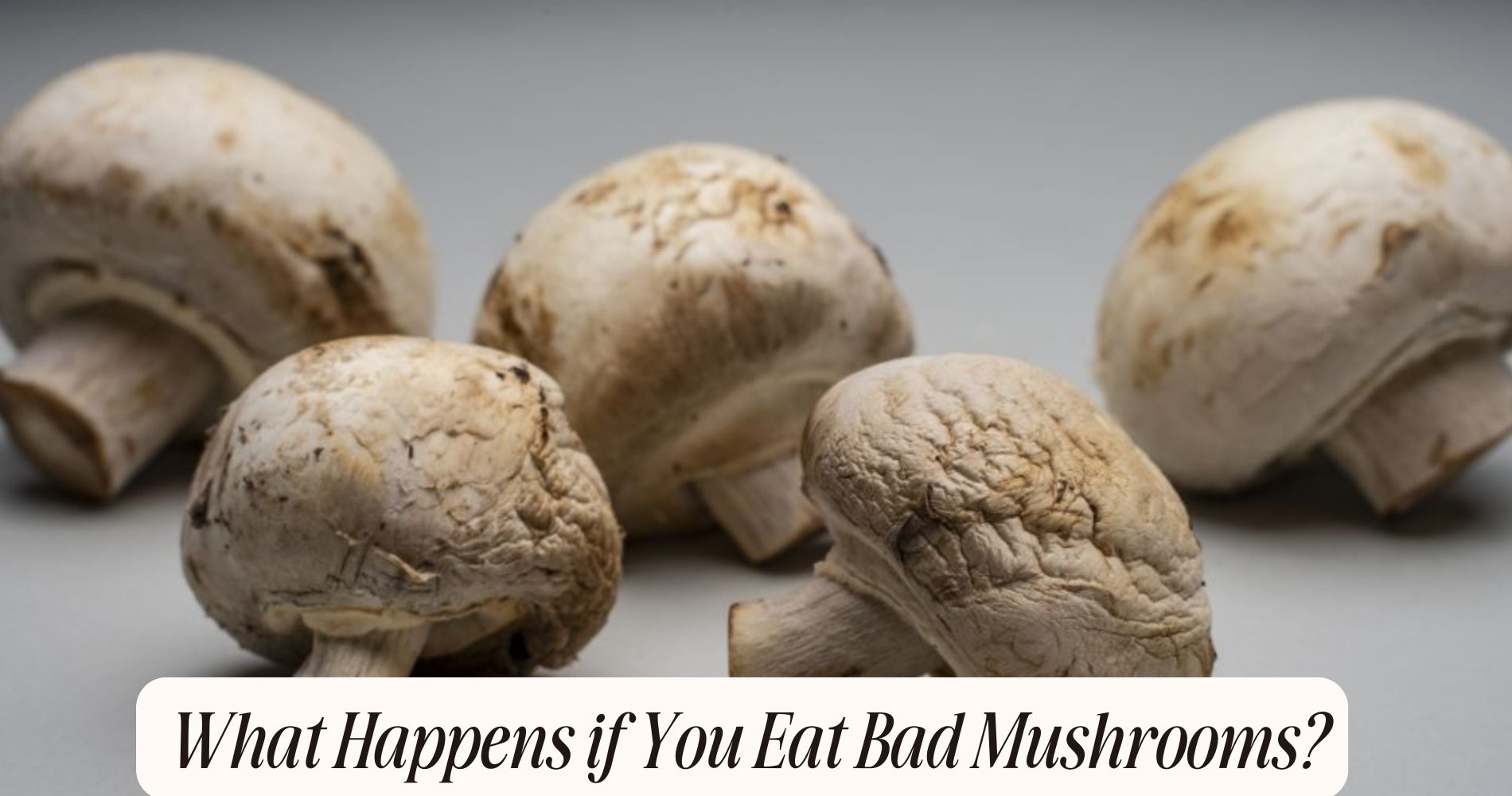
Is Cordyceps Psychoactive? Get the Facts
Is cordyceps psychoactive? Cordyceps isn't psychoactive. It functions primarily as an adaptogen, enhancing physical endurance and overall vigor without causing changes in consciousness. While some may attribute improved mental clarity to its effects, this stems from better oxygen utilization and energy levels, not psychoactivity. Misunderstandings often arise from exaggerated claims linking Cordyceps to hallucinogenic properties, which have no basis in scientific evidence. Instead, its active compounds support immune function and athletic performance. If you want to explore the intricate relationship between Cordyceps and mental health further, there are more insights waiting for you.
What Are Cordyceps?
Cordyceps are a genus of parasitic fungi known for their unique life cycle and medicinal properties. These fungi primarily infect insects and other arthropods, utilizing their hosts as a nutrient source for growth. Among the numerous Cordyceps varieties, the most recognized include Cordyceps militaris and Cordyceps sinensis, each exhibiting distinct pharmacological benefits.
In terms of Cordyceps cultivation, you'll find that it's often conducted in controlled environments to optimize growth and yield. Traditional methods involve harvesting from the wild, but modern techniques allow for the cultivation of these fungi on substrates like grains or through liquid fermentation. This approach not only increases accessibility but also enhances the consistency of active compounds, such as adenosine and cordycepin, known for their potential health benefits.

Understanding the biological and ecological roles of Cordyceps helps illuminate their applications in medicine and wellness. The ongoing research into their pharmacodynamics and therapeutic uses reinforces their significance in both traditional and contemporary health practices.
History of Cordyceps Use
How did Cordyceps become a staple in traditional medicine? Its history dates back centuries, particularly in Tibetan and Chinese cultures, where it's revered for its purported health benefits.
Initially discovered as a natural phenomenon, the fungus's unique growth pattern—emerging from the bodies of caterpillars—caught the attention of herbalists. They soon recognized its potential medicinal properties.
Cordyceps gained cultural significance as it became intertwined with traditional medicine practices, believed to enhance health, improve energy levels, and bolster immune function. Ancient texts, including the "Shennong Bencao Jing," mention its use, emphasizing its role in promoting overall well-being.
As interest in natural remedies surged, Cordyceps evolved from a regional curiosity to a prized component of herbal formulations.
In more recent history, this fungus has captured the attention of modern science, leading to investigations into its bioactive compounds. While traditional medicine continues to celebrate its efficacy, the growing body of research aims to validate these age-old claims through rigorous analysis.
Consequently, Cordyceps stands at the intersection of tradition and innovation, demonstrating its enduring relevance in both cultural and medicinal contexts.
Nutritional Profile of Cordyceps
When examining the nutritional profile of Cordyceps, you'll find a range of key nutrients that contribute to its health benefits.
Understanding these nutrients, along with their implications for dosage and consumption, is essential for maximizing their potential effects.
This analysis will clarify how Cordyceps can fit into your health regimen.
Key Nutrients Overview
You might be surprised to learn that Cordyceps boasts a rich nutritional profile, packed with essential bioactive compounds. This unique fungus contains polysaccharides, which play a significant role in enhancing nutrient absorption in your body. These polysaccharides, along with nucleosides and cordycepin, contribute to Cordyceps' potential health benefits.
In addition, you'll find a variety of vitamins and minerals in Cordyceps, including B vitamins, vitamin D, iron, and magnesium. These nutrients work synergistically to support metabolic processes and overall cellular function.
The presence of antioxidants in Cordyceps additionally aids in combating oxidative stress, which can interfere with nutrient absorption and cellular integrity.
The bioactive compounds in Cordyceps aren't just limited to polysaccharides; they also include ergosterol and various amino acids, which are essential for muscle repair and growth.
Moreover, these compounds may enhance energy production at the cellular level, making Cordyceps a popular choice for athletes and individuals seeking to improve physical performance.
Health Benefits Explored
The impressive nutritional profile of Cordyceps translates into a range of health benefits that have garnered attention in both traditional medicine and modern wellness circles. Rich in bioactive compounds, including polysaccharides and cordycepin, Cordyceps plays a crucial role in enhancing immune support. These compounds stimulate the production of immune cells, effectively bolstering your body's defense mechanisms against various pathogens.

Additionally, Cordyceps is known for its potential to provide an energy boost. By improving oxygen utilization and enhancing ATP production, it can contribute to increased stamina and exercise performance. This makes it particularly appealing for athletes and fitness enthusiasts seeking to optimize their physical capabilities.
Moreover, the adaptogenic properties of Cordyceps help in reducing fatigue and managing stress, further promoting overall well-being. Its ability to balance energy levels means you can experience sustained vigor without the crash often associated with stimulants.
Dosage and Consumption
Many individuals seeking to harness the benefits of Cordyceps often wonder about the ideal dosage and methods of consumption. The recommended forms of Cordyceps include capsules, powders, and liquid extracts, each providing varying concentrations of active compounds. Typically, dosages range from 1,000 mg to 3,000 mg per day, depending on individual health goals and the specific product formulation.
When considering ideal timing, it's crucial to align your intake with your activity levels. For instance, consuming Cordyceps before physical exertion may enhance endurance and energy levels, while taking it in the evening may support recovery.
Pay attention to how your body responds; you might find that splitting your dosage into two or three servings throughout the day helps maintain consistent energy levels.
Incorporating Cordyceps into your routine can be straightforward, but always consult with a healthcare professional before starting any supplementation, especially if you have pre-existing conditions or are taking medications.
Cordyceps and Mental Health
Cordyceps, a genus of parasitic fungi, has garnered attention for its potential benefits on mental health, particularly in relation to stress and cognitive function. Research suggests that these fungi may play a role in cognitive enhancement, which can be significant for individuals seeking improved focus and mental clarity.
By promoting better oxygen utilization and energy production, Cordyceps might indirectly support cognitive processes, allowing you to perform tasks with greater efficiency.
Moreover, mood regulation is another area where Cordyceps shows promise. The compounds found in these fungi may influence neurotransmitter levels, which are essential for emotional stability. This modulation could help mitigate feelings of anxiety or depression, creating a more balanced mental state.
While anecdotal evidence supports these claims, the precise mechanisms through which Cordyceps affects mental health remain an area of ongoing research.
As you consider incorporating Cordyceps into your routine, it's important to acknowledge that individual responses may vary. Understanding your unique mental health needs will enable you to assess the potential benefits of Cordyceps more effectively.
Always consult with a healthcare professional before making any significant changes to your regimen.
Scientific Studies on Psychoactivity
Research into the psychoactive properties of various fungi, including Cordyceps, is still in its infancy, yet preliminary findings suggest intriguing possibilities. Various studies have focused on the potential psychoactive compounds present in Cordyceps and their neurological effects. While traditional uses often highlight benefits related to energy and stamina, scientific scrutiny is beginning to explore these claims.
One notable study examined the impact of Cordyceps extracts on brain-derived neurotrophic factor (BDNF), a protein linked to neuroplasticity and cognitive function. Results indicated that certain compounds in Cordyceps could enhance BDNF levels, suggesting a potential for improved cognitive performance.
Additionally, some research has identified adenosine derivatives in Cordyceps, which may influence neurotransmitter systems, potentially impacting mood and cognition.

However, it's crucial to note that the existing body of research is limited, with many studies conducted in vitro or on animal models. Human trials are necessary to validate these findings and elucidate the specific neurological effects of Cordyceps.
As the field advances, a clearer understanding of Cordyceps' psychoactive potential may emerge, opening new avenues for therapeutic applications.
Common Myths About Cordyceps
You might encounter several misconceptions about Cordyceps, particularly regarding its psychoactive effects.
Many people mistakenly associate it with hallucinations, which can cloud its actual medical applications.
Misunderstanding Psychoactive Effects
Misconceptions about cordyceps can lead to confusion regarding its effects on the mind and body. One prevalent psychoactive misconception is that cordyceps can induce hallucinations or altered states of consciousness. In reality, cordyceps primarily functions as an adaptogen, promoting physical endurance and enhancing energy levels without altering cognitive processes.
You might be surprised to learn that while some users report increased mental clarity, these cognitive effects are largely tied to improved energy and overall well-being rather than any psychoactive activity.
Another common myth is that cordyceps can cause dependency or withdrawal symptoms. This is unfounded, as cordyceps doesn't interact with neurotransmitter systems in the same way that traditional psychoactive substances do. Instead, its benefits stem from its ability to support metabolic functions and potentially enhance oxygen utilization during physical activity.
Understanding these distinctions is vital for accurately interpreting the effects of cordyceps. By clarifying these psychoactive misconceptions, you can make informed decisions about its use, ensuring you derive the intended benefits without falling prey to misinformation.
Cordyceps and Hallucinations
While it's important to debunk the myth that cordyceps can induce hallucinations, some still associate these fungi with mind-altering effects due to their exotic nature.
In reality, the cordyceps effects are primarily linked to physical and mental performance enhancement rather than any psychoactive properties. When you consider cordyceps usage, it's clear that these fungi are more commonly revered for their potential benefits, such as increased energy, improved stamina, and enhanced recovery.
Cordyceps contains bioactive compounds that may support cellular energy production and boost aerobic capacity, but these mechanisms don't translate into hallucinations. Many users mistakenly attribute their heightened alertness or focus to hallucinogenic experiences, but this is a misinterpretation of the physiological effects at play.
It's essential to distinguish between stimulatory effects and psychoactive experiences. Cordyceps isn't known to interact with neurotransmitter systems in a way that would alter perception or induce hallucinations.
Instead, its reputation in traditional medicine focuses on health, endurance, and overall well-being, steering clear of any association with altered states of consciousness. Understanding these distinctions can help clarify the true nature of cordyceps.
Medical Uses Clarified
Frequently, misconceptions about cordyceps' medical uses arise from exaggerated claims and anecdotal evidence. While it's true that cordyceps has been utilized in traditional medicine for centuries, its therapeutic applications are often overstated. Many believe it can cure a range of ailments, from cancer to diabetes, but scientific validation remains limited.
Research indicates that cordyceps may enhance athletic performance and support immune function, but these effects don't equate to a panacea. The active compounds in cordyceps, such as cordycepin, have shown potential in laboratory settings, yet human studies are scarce. This lack of rigorous clinical trials leads to confusion among consumers, who may misinterpret preliminary findings as definitive medical endorsements.
Moreover, the hype surrounding cordyceps often overlooks the importance of a holistic health approach. Relying solely on this fungus without incorporating evidence-based treatments undermines the principles of traditional medicine.
It's essential you remain discerning about claims surrounding cordyceps, focusing on credible research rather than sensational narratives. To conclude, while cordyceps shows promise, you should approach its medical uses with cautious optimism and seek professional guidance for health concerns.
How to Use Cordyceps
When it comes to using Cordyceps, you have several options to incorporate this mushroom into your routine effectively. One common method is through cordyceps supplements, which are available in various forms, including capsules, powders, and tinctures.
These supplements allow for precise dosing, making it easier to monitor your intake and assess its effects on your body.

If you prefer a more culinary approach, you can explore cordyceps recipes. Incorporating Cordyceps into soups, teas, or smoothies can enhance your meals while providing potential health benefits.
For instance, adding powdered Cordyceps to your morning smoothie not only boosts nutrition but also offers a unique earthy flavor.
When using cordyceps supplements, it's essential to follow the manufacturer's recommended dosage to guarantee ideal benefits. Different brands might've varying concentrations, so always check the label for guidance.
If you opt for cordyceps recipes, aim for a balance that complements your diet without overwhelming your palate.
Potential Side Effects and Risks
Cordyceps may offer various health benefits, but it's vital to be aware of potential side effects and risks associated with its use. While generally considered safe, some individuals may experience adverse reactions, including gastrointestinal discomfort, diarrhea, or allergic responses. These symptoms could indicate a sensitivity to Cordyceps, highlighting the importance of monitoring your body's reactions.
Cordyceps toxicity is a concern, especially when consumed in excessive amounts or contaminated products. Always source your supplements from reputable suppliers to minimize this risk.
Additionally, Cordyceps interactions can occur with certain medications, particularly those affecting blood sugar levels, blood pressure, or anticoagulant drugs. If you're on any medication, consulting a healthcare professional before starting Cordyceps is vital to avoid potential complications.
It's also worth noting that individual responses can vary. Factors such as pre-existing health conditions or concurrent use of other supplements can influence how Cordyceps affects you.
Energize Naturally with SUPER MUSHROOM GUMMIES
Curious about Cordyceps but looking for a non-psychoactive way to enjoy its benefits? Try SUPER MUSHROOM GUMMIES by Well Gummies! These convenient gum chews feature 10 functional mushrooms, including Cordyceps, to provide calm energy, sharper focus, and immune support—without altering your mental state. Perfect for those seeking natural, sustained energy, these vegan-friendly gummies help you stay balanced without jitters or crashes.
With the irresistible taste of wild berries, they’re as enjoyable as candy. Fuel your mind and body effortlessly with SUPER MUSHROOM GUMMIES!
Frequently Asked Questions
Can Cordyceps Enhance Athletic Performance or Endurance?
Cordyceps can enhance your athletic performance by increasing energy levels and improving oxygen utilization. Its properties also support recovery, helping you bounce back faster after intense workouts. Consider incorporating Cordyceps for ideal endurance and recovery benefits.
Are There Different Species of Cordyceps With Varying Effects?
Yes, various cordyceps species exhibit different medicinal properties. Certain types may enhance energy or immune function, while others focus on respiratory support. Understanding these distinctions can help you utilize the specific benefits of each species effectively.
How Do Cordyceps Compare to Other Medicinal Mushrooms?
When you compare cordyceps to other medicinal mushrooms, you'll find their unique therapeutic benefits and historical uses stand out. They enhance energy and athletic performance, while others focus on immune support or cognitive enhancement.
Are Cordyceps Safe for Children or Pregnant Women?
When considering Cordyceps safety, you should consult a healthcare professional before using them, especially during pregnancy. Individual health conditions and potential interactions require careful evaluation to guarantee both mother and child remain safe.
Where Can I Buy High-Quality Cordyceps Supplements?
You can buy high-quality cordyceps supplements from trusted brands that prioritize rigorous sourcing methods. Look for third-party testing and transparent ingredient lists to guarantee you're getting effective and safe products for your needs.
Conclusion
In conclusion, while cordyceps are not classified as psychoactive substances, they do offer potential benefits for mental health through their adaptogenic properties. Scientific studies suggest they may enhance cognitive function and mood, but they don't produce mind-altering effects. Understanding the distinctions between cordyceps and psychoactive compounds is essential. If you're considering incorporating cordyceps into your routine, be mindful of possible side effects and consult with a healthcare professional for personalized advice.




